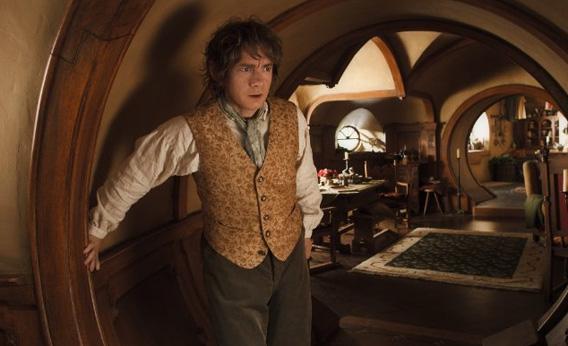I have been reading essay proposals from my American Fantasy class so today’s post is designed to help my students with the theory portion of their papers. Feel free to read along as well.
At its core, fantasy stands in opposition to prevailing visions of reality. If that prevailing vision is politically repressive, fantasy may become subversive. If that prevailing vision limits what people can see or imagine, fantasy opens up the mind.
I ascribe for the most part to fantasy scholar Ryan Mathews’s view that the literary fantasy of the past 200+ years sets itself up in opposition to the Age of Reason, the Enlightenment, and the Scientific Revolution, all of which banished magic and supernaturalism to the shadows. Tolkienesque “high fantasy” is particularly antagonistic to these historical developments, which is why it opts for medieval technology. As Mathews puts it, literary fantasy
reawaken[s] imaginative faculties too long accustomed to control and command of the natural and created world, too long dominated and ruled by human reason.
Fantasy, of course, goes back to when the first human beings told stories around the fire. In earlier times, however, Mathews says that people used fantasy
to cast the infinite in finite terms, to translate overwhelming and eternal forces into down-to-earth language and physical presences, to use the imagination and the containment, or expression, of words to control and comprehend the overwhelming forces.
We can see both uses of fantasy operating in Louise Erdrich’s Tracks (1988), which I wrote about recently. On the one hand, we see Chippewa Indians drawing on ancient myths, as they always have, to negotiate the world’s challenges, even though the myths change with changing circumstances. One Native American scholar (I’ll note his name once I relocate it) tracks the various social functions that the figure of the novel’s Lake Man has played over the past 700 years. Whereas once he was a demon figure who functioned to protect the lake (and therefore the tribe) from overfishing, in Erdrich’s fiction he becomes a spirit guide:
Tracks retells the flood-earth diver myth, reinterpreting Micipijiu’s traditional role as game boss to that of a spirit helper who will empower Fleur, and thus the Chippewa, in the struggle against cultural destruction and the effort to keep reservation land—the most precious commodity of any twentieth-century American Indian tribe—away from those who, like the wolf of earlier myth, greedily seek it for themselves alone.
On the other hand, Erdrich herself is very much a part of the new world and writes magical realism in her own battle with modernity. In her case, because of the embattled status of Native American culture, she makes explicit what in Tolkien is implicit. Tolkien implies a battle with the 20th century, seeing his own world in Saruman’s engines as he predicts that Middle Earth will come to an end. Erdrich, on the other hand, shows the battle directly, with old storyteller Nanapush drawing on the old stories to battle against government taxes and a blizzard of regulations. Erdrich is like Tolkien, however, in that she fantasizes about an older belief system that is less sterile and bleached out than the modern world.
But Mathews’s distinction between older and more recent fantasy doesn’t entirely work. A number of fantasy classics also stand in opposition to official reality. For example, Euripides in The Bacchae (405 BCE) sees Dionysus as a force pushing against an authoritarian insistence upon order and social propriety. Pentheus may believe in Zeus, who confirms his desire for strict regulation, but he doesn’t pay proper obeisance to this wild nature god who possesses the city’s women and sends them dancing into the hills.
In the 14th century, meanwhile, we see the mystical Celtic green man transformed into the Green Knight as he challenges a sexually repressive and nature-denying Christianity. And in 17th century Spain, Don Quixote is in rebellion against his age’s cutting edge technology, whether in the form of windmills, mass produced books, or seemingly self-propelled ships. In all of these instances, the realm of the marvelous is pushing against an overly circumscribed reality.
Returning to the present, it is clear that fantasists like Ursula LeGuin, Stephen King, and Neil Gaiman are in full revolt against post-industrial capitalism, with its ability to shape mass opinion and homogenize everything that it touches. What draws my students to fantasy is largely an urge to hold on to something precious within. Instinctively, they are resisting what passes for reality
